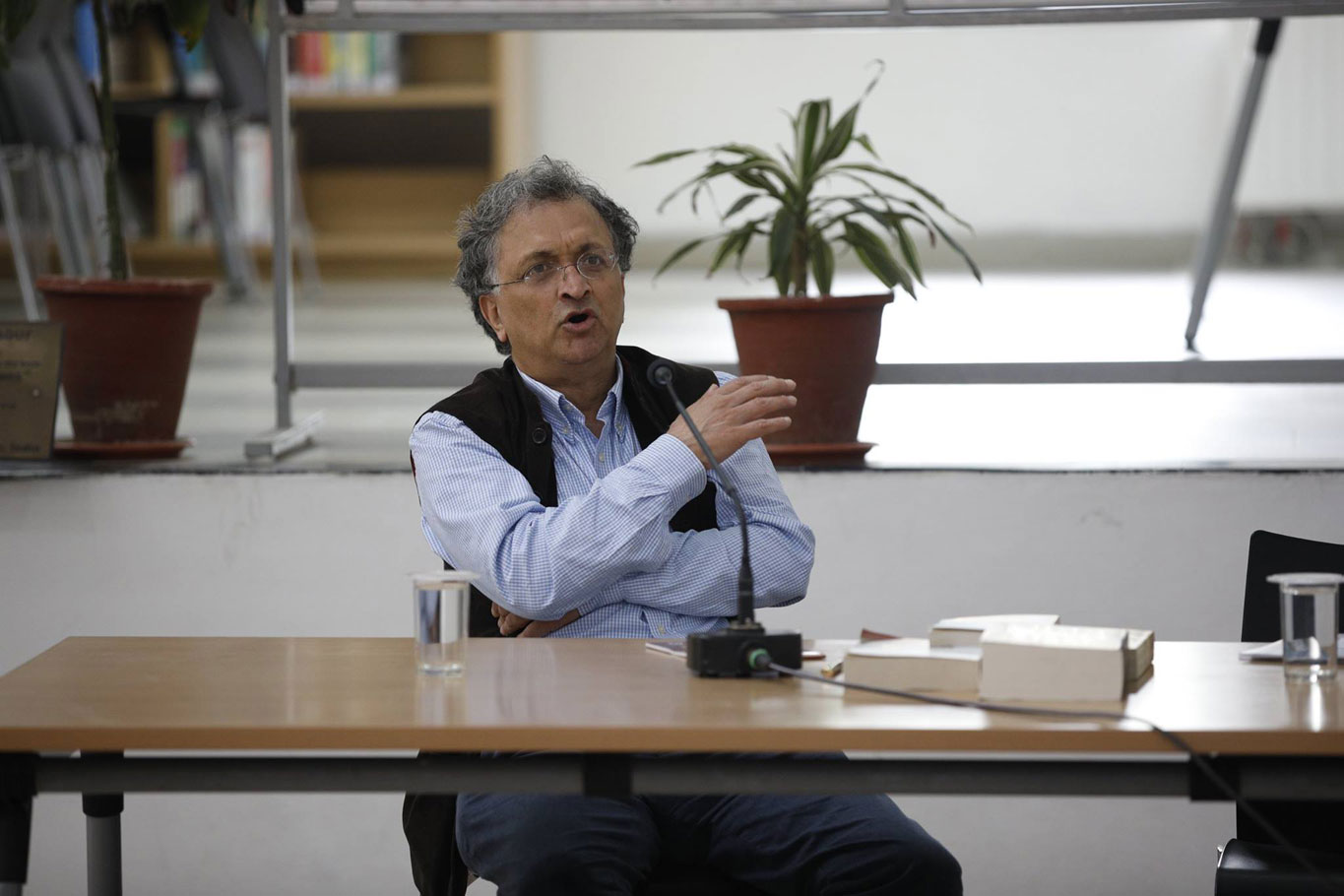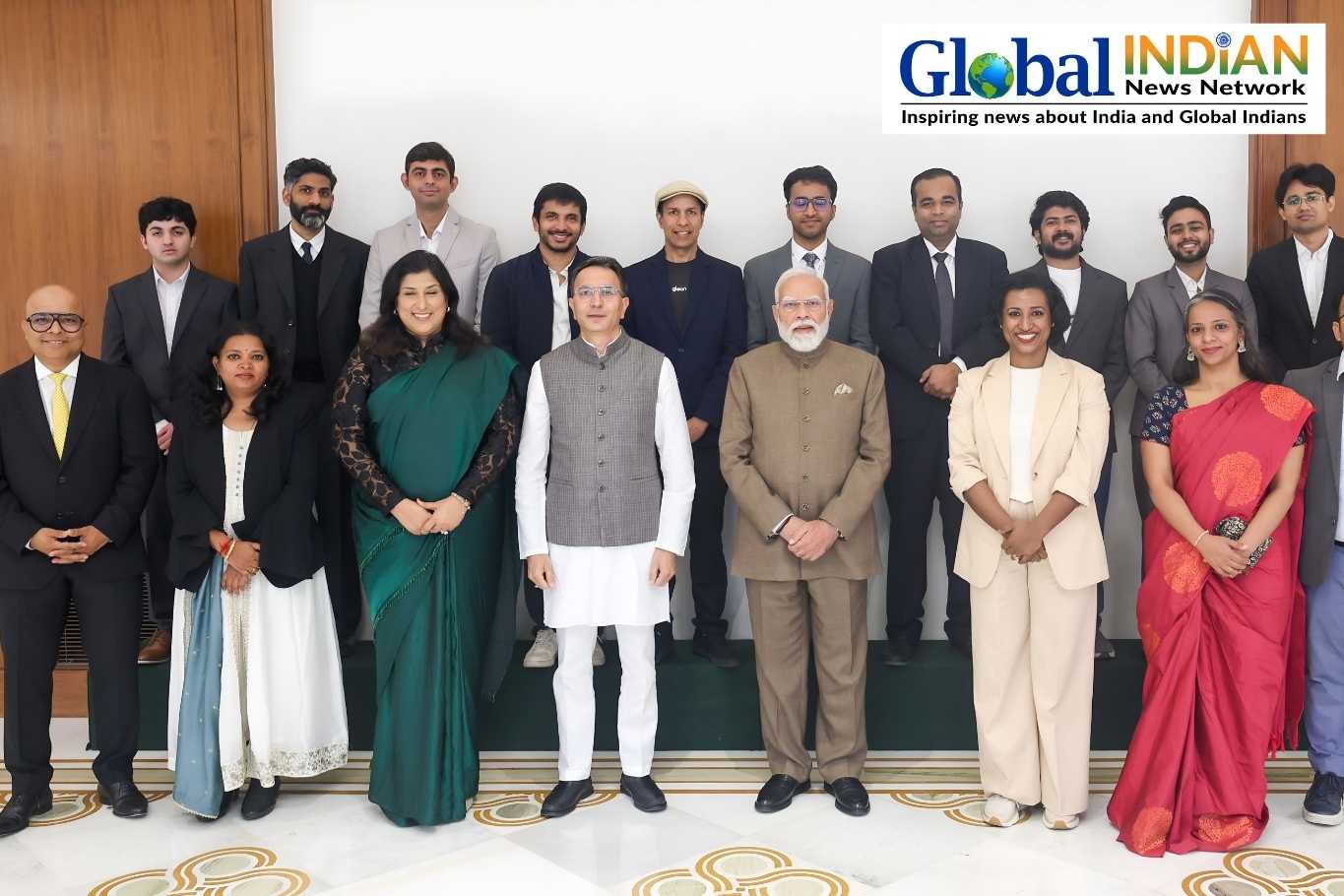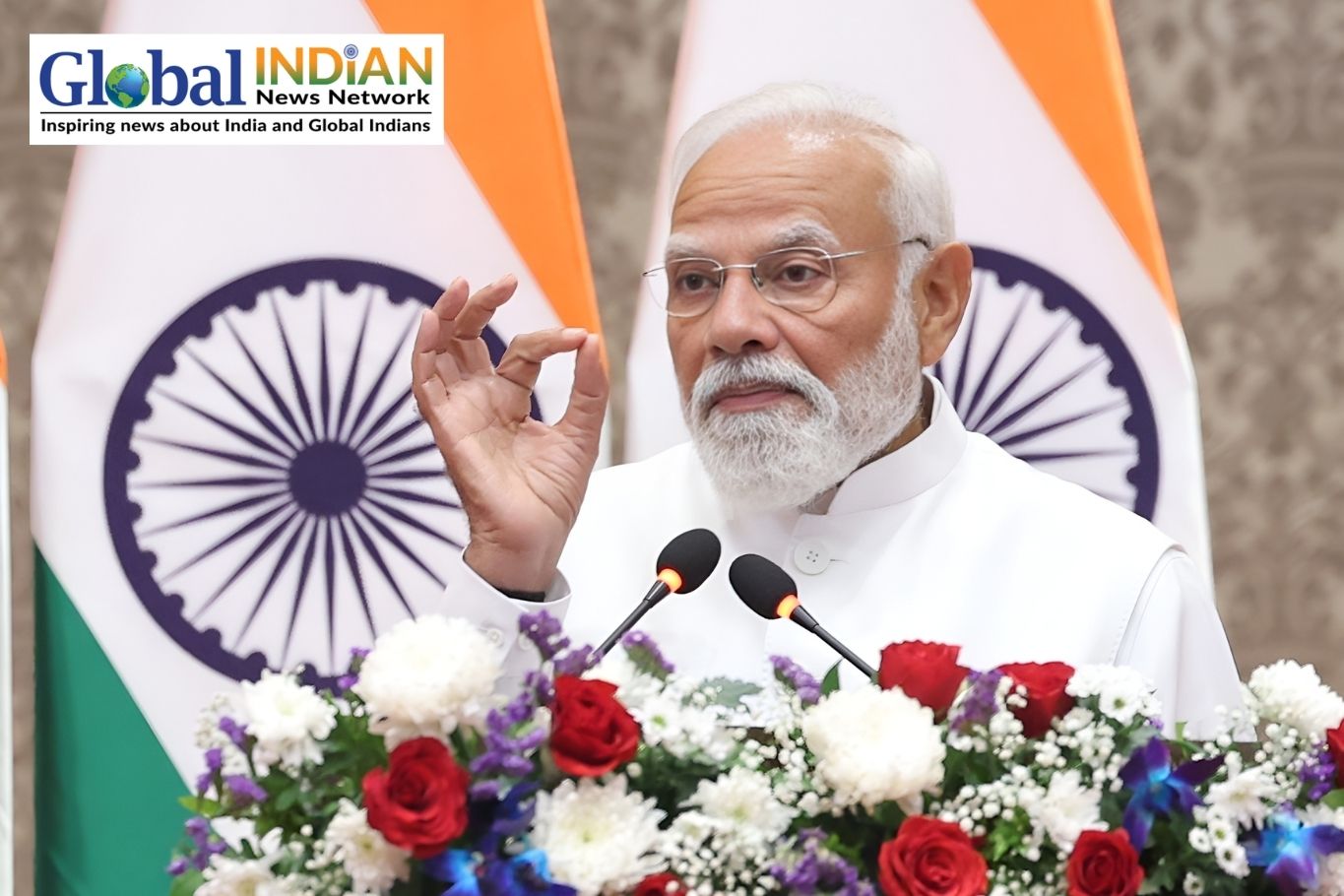 Historian Ramachandra Guha was honored by modern-day Britons for his remarkable book that focuses on white British individuals who defied the British establishment of their time to actively support Indian independence. Guha received the prestigious Elizabeth Longford Prize for Historical Biography 2023, along with a £5,000 cash award, during a ceremony in London. His book, titled “Rebels against the Raj: Western Fighters for India’s Freedom,” highlights the stories of these individuals who faced severe punishment for their courageous acts.
Historian Ramachandra Guha was honored by modern-day Britons for his remarkable book that focuses on white British individuals who defied the British establishment of their time to actively support Indian independence. Guha received the prestigious Elizabeth Longford Prize for Historical Biography 2023, along with a £5,000 cash award, during a ceremony in London. His book, titled “Rebels against the Raj: Western Fighters for India’s Freedom,” highlights the stories of these individuals who faced severe punishment for their courageous acts.
The judges of the award emphasized the book’s relevance to contemporary India, acknowledging that oppression does not vanish with the end of colonial rule. They commended Guha for his insightful exploration of the ideas and priorities presented in the book, which they believe require urgent attention in today’s India.
The Elizabeth Longford Prize, established in 2003 in memory of renowned historical biographer Elizabeth Longford, aims to recognize outstanding historical biographies. Guha’s book now joins the list of esteemed past winners. In addition to the cash prize, Guha was also presented with a bound copy of Longford’s autobiography, “The Pebbled Shore.”
The chair of the judging panel, Roy Foster, described Guha’s work as a compelling portrayal of seven individuals from Britain, America, and Ireland who actively embraced India’s struggle for independence, subsequently transforming their own lives. Through their interactions with the iconic figure of Mahatma Gandhi, Guha’s book offers a fresh perspective on Gandhi’s life, complementing his earlier multi-volume biography.
Foster highlighted Guha’s deep empathy, impressive scholarship, and passionate regard for his subjects, underscoring the book’s ability to shed light on the spirit of the times through the lens of individual lives. The author delves into the personal journeys of these rebels, examining their changing ideologies, spiritual beliefs, and even their names as a result of their experiences in India. Guha also pays tribute to their commitment to a new way of life and their foresight regarding the post-colonial world and India’s role within it.
Guha revealed that six out of the seven individuals he profiles in his book ultimately passed away in India. While some of them, such as Annie Besant and Mira Behn, may be familiar to Indians, Guha introduces lesser-known heroes like Samuel Stokes, Benjamin Guy Horniman, Philip Spratt, Richard Ralph Keithahn, and Catherine Mary Heilemann (renamed Sarala Behn). Each of these individuals made significant contributions to India, ranging from advocating for independence to establishing educational institutions and promoting environmentalism.
Guha believes that the lives and experiences of these individuals serve as a moral lesson for the world today. He criticizes the rise of paranoia, nationalist xenophobia, and jingoism observed in many countries, where leaders like Narendra Modi, Donald Trump, Boris Johnson, and Xi Jinping exhibit a dismissive attitude towards foreign influences. Guha asserts that his book challenges this perspective by demonstrating the valuable lessons that foreigners can offer.
Guha credits his inspiration for writing the book to Verrier Elwin, a British anthropologist who worked closely with Indian Adivasis. Elwin’s life and writings deeply influenced Guha during his time as an MA student at Delhi University. Guha recalls how reading Elwin’s work led him to shift his academic focus from economics to sociology and ultimately to history. He regards Elwin as the driving force behind his decision to pursue a career in biographical writing and expresses gratitude for the transformative impact Elwin had on his life and intellectual journey.
Currently residing in Bangalore, Guha concludes that the individuals he profiles in his book provide valuable lessons and serve as a testament to the transformative power of embracing other cultures and ideas.









